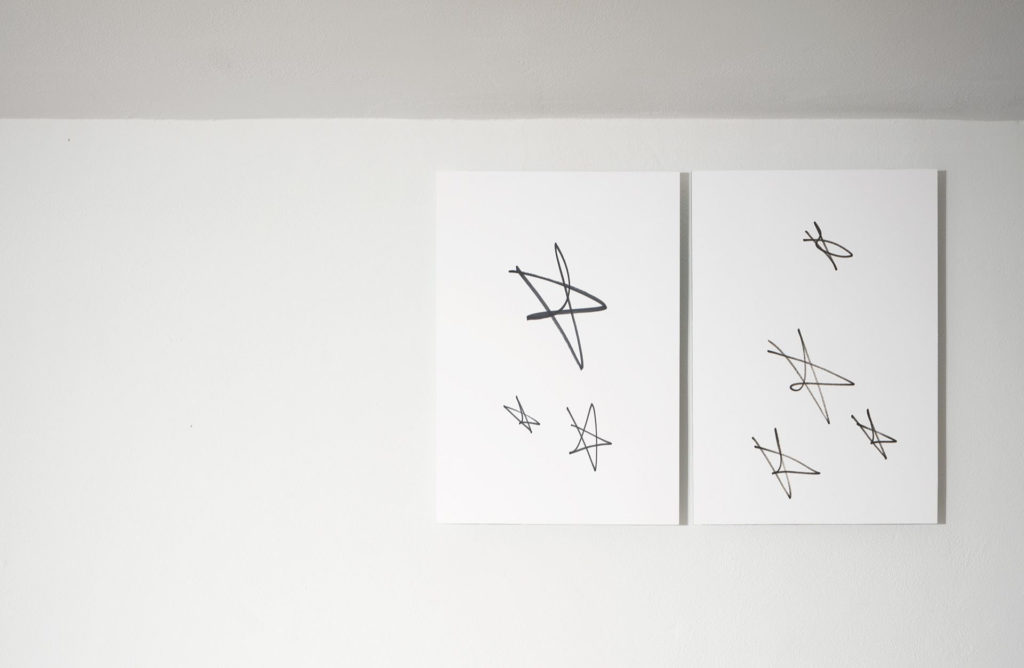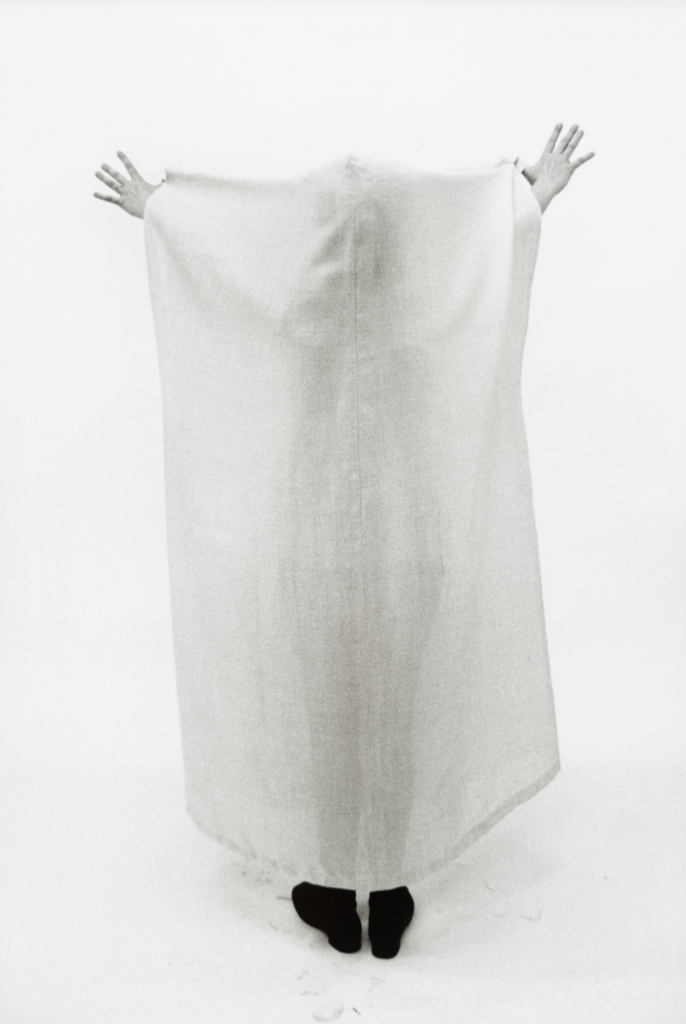The live silent cinema
The main entrance for events is via delle Cascine n. 33
The festival of LiveSoundtracking will take place over four events, from June 28 to 19 July, in which the artists will create a live soundtrack for seminal works of the silent era of cinema in the 1920s.
FRIDAY 28/06 Nosferatu
w/ Caterina Palazzi ‘Zaleska’
Caterina Palazzi ‘Zaleska‘ accompanies this masterpiece of silent cinema, Nosferatu, filmed in 1922 and directed by Friedrich Wilhelm Murnau, one of the cornerstones of horror and expressionist cinema. The use of the double bass creates an even darker and gloomier soundtrack than the original, an orchestra of funereal basses that envelops the audience in a hypnotic bubble, where the figure of the vampire seems to materialise.
Play video
FRIDAY 05/07 Umanità
w/ Cabeki
Cabeki (solo project of guitarist Andrea Faccioli, collaborator with Baustelle, Le Luci Della Centrale Elletrica, and Cisco) presents the soundtracking of Umanità, an extraordinary silent film directed by Elvira Giallanella in 1919, which delivered a reflection on the (often-ignored) contribution that women had made to the history of cinema.
Made in the aftermath of the First World War, with a nod to pacifist themes, the film takes on the form of a “humorous-satirical-educational” work. Representing a fantasy which is marked out by socialist ideas, the film reflects on the possibility of creating a Utopian society of peace and solidarity.
The images will be accompanied by music that moves through Cabeki’s “sonorous gears”, featuring conventional and non-conventional instruments, in a sequence of settings which range from Mississippi to Morocco, from kraut rock to blues, chamber music, and minimal electronica.
Play video
FRIDAY 12/07 L’uomo meccanico
w/ Luca Maria Baldini
L’uomo meccanico (The Mechanical Man) by André Deed is a silent film from 1921, produced in Italy and restored by the Cineteca di Bologna. It is the first film in the history of cinema to show a battle between two robots.
Luca Maria Baldini decided to create a dialogue between this film and the present, using contemporary sounds to create a warp in time. For example, the sound of a match turns into the sound of a lighter, the noise of the crowd in the square transforms into a crowd in a supermarket. The rhythmic structure is made up of samples taken from smartphones, such as the processed sound of a phone vibrating.
Conceptually, the artist imagined how the mechanical man could be read as a tool in the hands of the few, able to control and overwhelm. Our modern day ‘mechanical man’ is represented by the control that is exercised over us through technology, smartphones and social media. The idea was to recreate some of the ambient sounds that featured in the early days of sound recording. A sort of homage to the crossover point between silent and modern cinema.
Play video
FRIDAY 19/07 Pinocchio (1911)
w/ Gianluca Verlingieri
Pinocchio: cinema e musica is a show organised by ContempoArtEnsemble for the Estate Fiorentina 2019 and co-produced with Manifattura Tabacchi. The historic film Pinocchio by Giulio Antamoro in 1911, will be accompanied by live electronic music composed by Gianluca Verlingieri, presented in its first ever showing in the Manifattura.
Directed in 1911 by Giulio Antamoro, it is the first cinematographic adaptation of Collodi’s novel. Of all the versions that have since followed, Antamoro’s is probably the least faithful to the book and the most extravagant. More than the direction, this is almost certainly due to the protagonist Ferdinand Guillame, aka Polidor, a true star of the early twentieth century, and one of the most productive comedians of silent era. Pinocchio / Polidor is an adult dressed as a puppet who engages in a comedy of almost 50 minutes, with all the expressive richness of silent cinema, inspired by street art and circus shows. From Collodi’s original story only the most significant episodes remain, such as the cat and the fox, the whale, fire eating, and the land of Balocchi which is flanked by inventions typical of the cinematic imagination of the time, such as the attack of the Indians, the Canadian army, and even an avant-garde flight of Pinocchio on a cannonball across the ocean.
Described as an “exceptional talent” by Radio France, the composer Gianluca Verlingieri has walked the boards of many international stages: from the Italian Academy of Columbia University (New York) to the Parco della Musica (Rome), from the GRM (Paris) to the Musica Y Escena Festival (City of Mexico).

